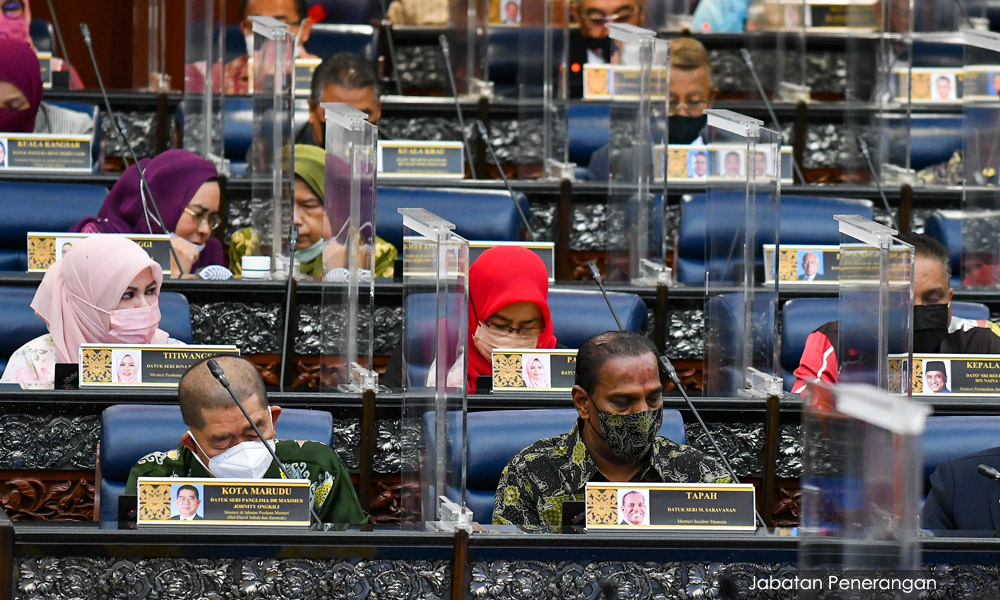Malaysia currently ranks 103rd out of 146 countries in the newly launched Global Gender Gap Index 2022.
While this is hardly an improvement from its 2021 ranking of 112th, Malaysia still sorely lags behind its regional neighbours namely the Philippines (19th), Singapore (49th), Thailand (79th), Vietnam (83rd), Indonesia (92nd) and Cambodia (98th).
The annual Global Gender Gap Index, launched by the World Economic Forum in 2006, explores and benchmarks the world’s progress towards gender parity based on four metrics: educational attainment, economic participation and opportunity, political empowerment, and health and survival.
While it is promising to observe that Malaysia has closed the gender gap when it comes to the enrolment of girls in primary, secondary and tertiary education, the report shows that post-education opportunities offered to women have not progressed in parallel with this development.
Malaysia ranks 88th globally in the overall area of economic participation and opportunity for women.
The report points toward the labour-force participation rate, representation of women in senior positions, as well as representation of women as professionals and technical workers as the main points.
Access to land and non-land assets, as well as inheritance rights for widows and daughters, has also been pointed out as locally uneven in the report.
This suggests that while more girls are attaining education, challenges still lie in recognising and sustaining women as part of the economic and financial ecosystem of Malaysia.
Perhaps what is more concerning is Malaysia’s performance with regard to women’s political empowerment which ranks at an embarrassing 123rd, and has made the least amount of progress with regard to global standards.
Access to justice
The report notes gendered weaknesses in women’s representation in the Parliament and in ministerial positions as key contributors to this disappointing performance.

While women in Malaysia have received the right to vote since 1963, Malaysia has not had a single woman head-of-state to date.
Other contextual indicators pointed out by the report describe Malaysia’s right to divorce as unequal, and its right to reproductive autonomy as restrictive.
The report also observed that while women have freedom of movement in Malaysia, their rights with regard to access to justice remain restricted.
Disruptions caused by the Covid-19 pandemic have been singled out in the report as having a significantly disproportionate impact on women globally, including in Malaysia.
The rollout of gender-neutral initiatives, as opposed to gender-sensitive policies, has contributed to the slowed progress in addressing the global gender gap.
In fact, at the rate progress is being made at the moment, the report estimates that it will take us another 132 years to arrive at global gender parity.
In short, none of us will live to see the gender gap close in our lifetimes.
And if we do not make meaningful progress now, neither will the next generation. - Mkini
MAJIDAH HASHIM is a human rights defender and sustainability professional working in policy development.
The views expressed here are those of the author/contributor and do not necessarily represent the views of MMKtT.




No comments:
Post a Comment
Note: Only a member of this blog may post a comment.